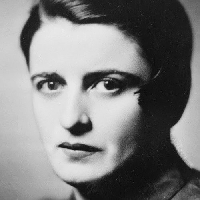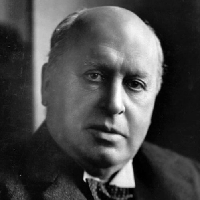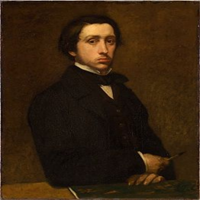Ayn Rand MBTI Personality Type
Personality
What personality type is Ayn Rand? Ayn Rand is an INTJ personality type in MBTI, 1w9 - so/sp - 135 in Enneagram, RLOEI in Big 5, LIE in Socionics.
Ni perfectionist vision, Te understanding of government and capitalist systems, Fi romantic desires, and Se sensuality. I disagree with her materialism, but she was very intelligent and logical. Atlas Shrugged is a good look at the INTJ thought process. Though I think it might be slightly different for INTJ men and women. I noticed philosophers like Nietzsche are promoting their superman as an ideal for themselves and others to aspire to. Whereas Rand's superman is more like the man she would "want" the most, if that makes sense. If anyone knows any other INTJ women philosophers, let me know. I would like to be proven wrong or be introduced to a new philosophy.
Biography
Ayn Rand (born Alisa Zinovyevna Rosenbaum; February 2 [O.S. January 20] 1905 – March 6, 1982) was a Russian-American novelist, philosopher, playwright and screenwriter. She is known for her two best-selling novels, The Fountainhead and Atlas Shrugged, and for developing a philosophical system she named Objectivism. Educated in Russia, she moved to the United States in 1926.
Related Personalities

J. K. Rowling
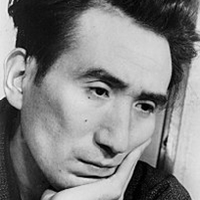
Osamu Dazai
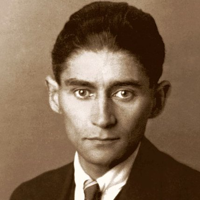
Franz Kafka

George R. R. Martin

Robert Greene
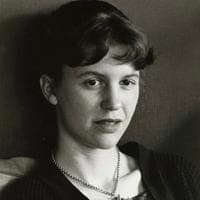
Sylvia Plath
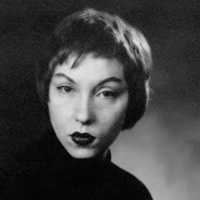
Clarice Lispector
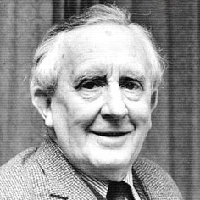
J. R. R. Tolkien
